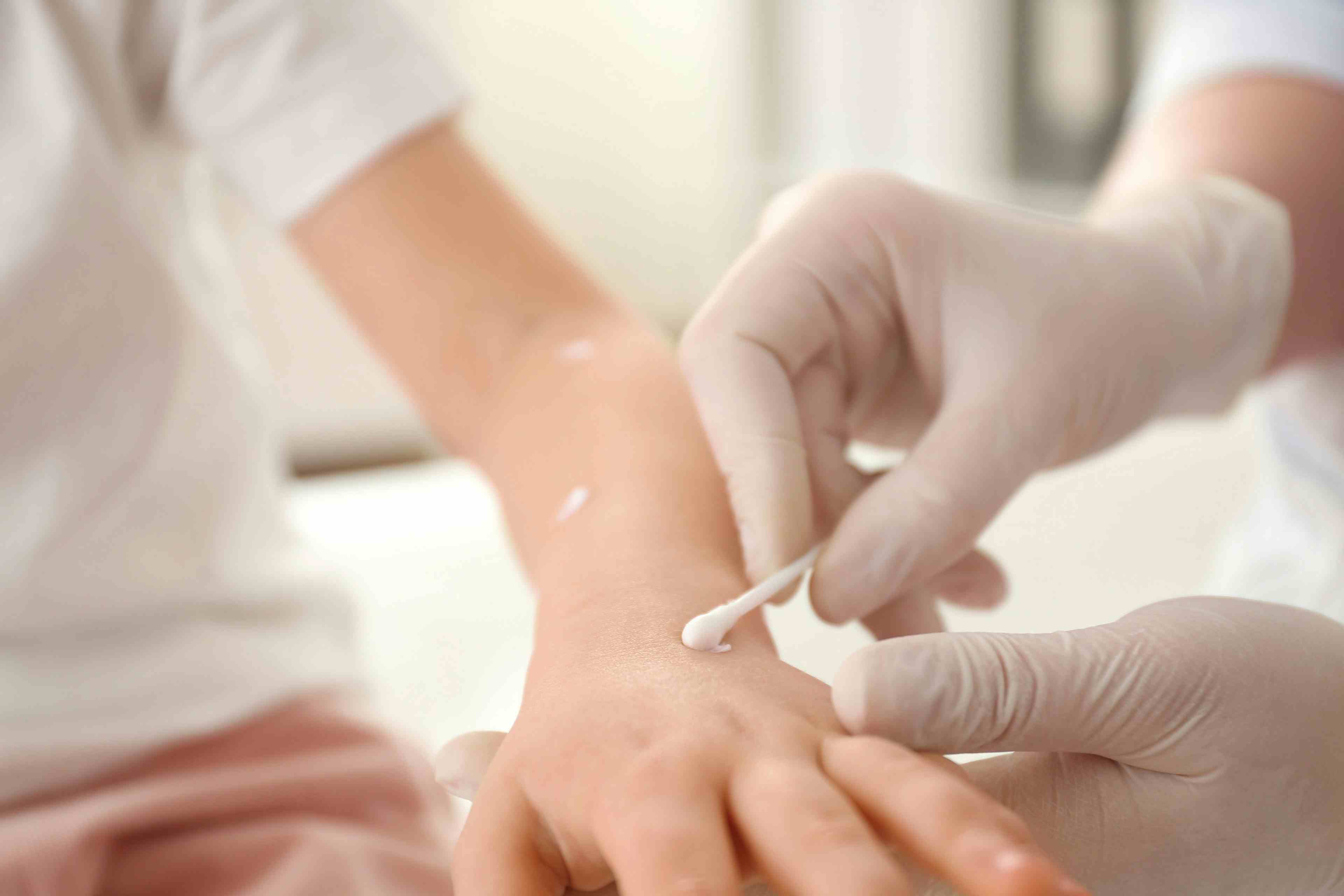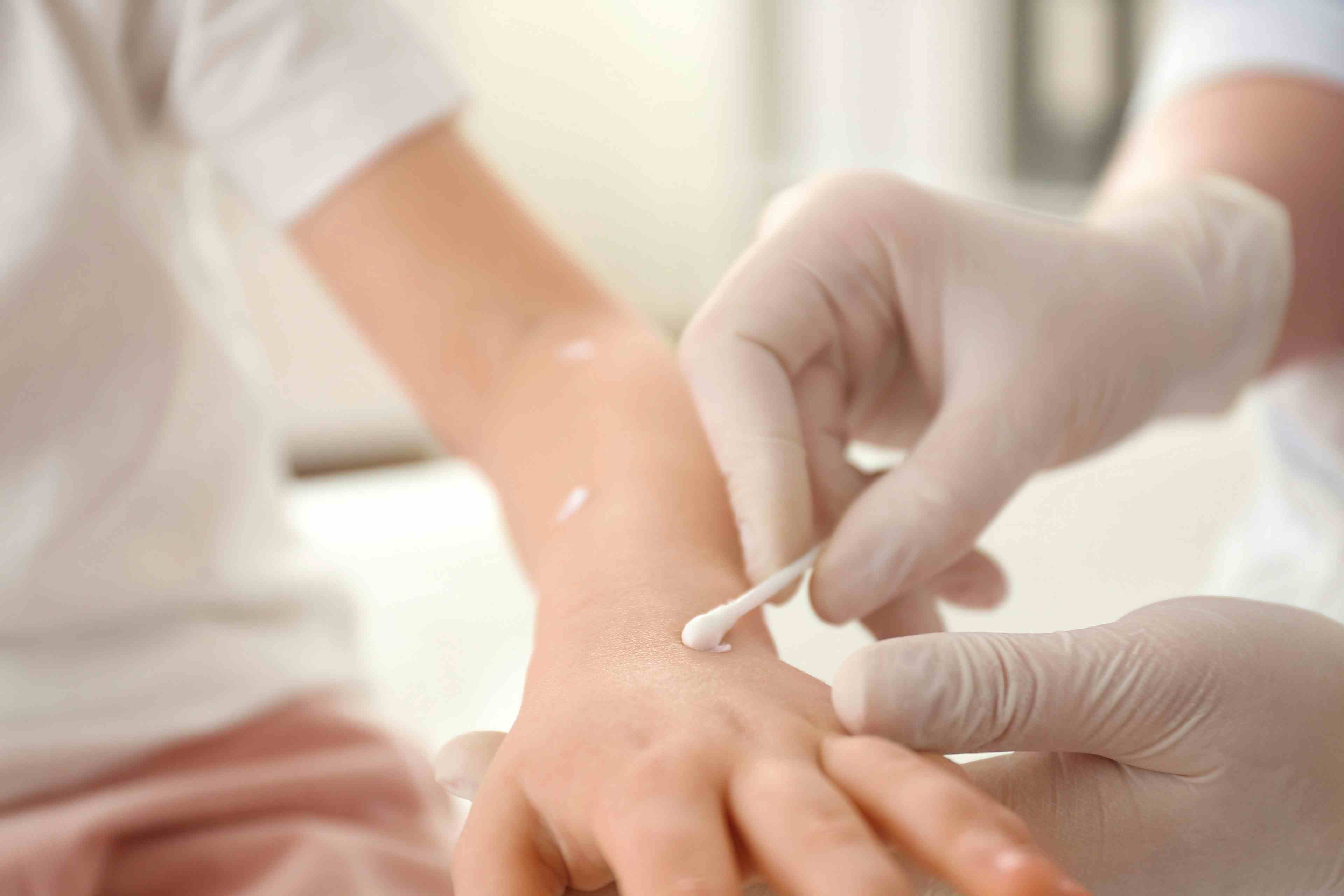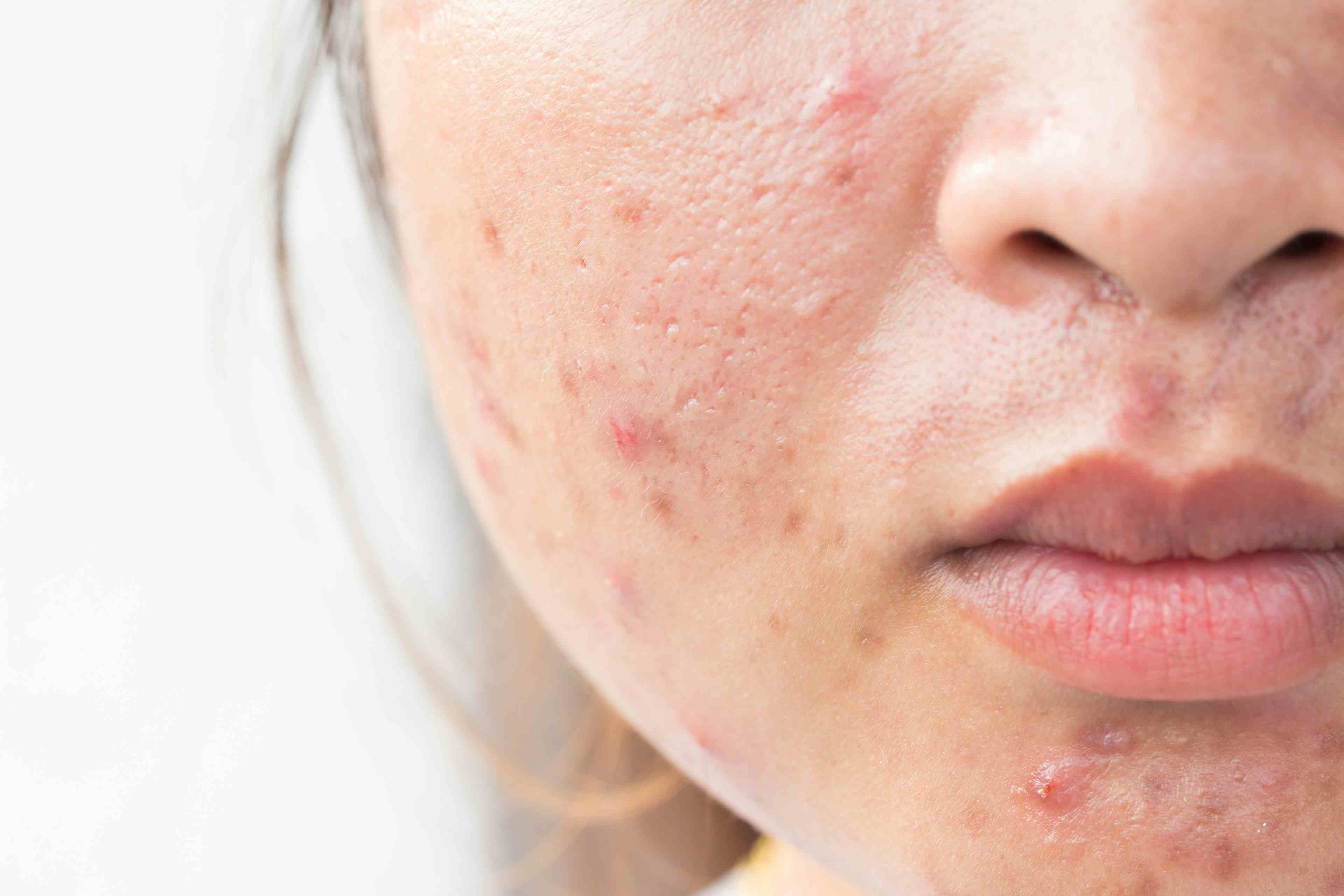- Acne
- Actinic Keratosis
- Aesthetics
- Alopecia
- Atopic Dermatitis
- Buy-and-Bill
- COVID-19
- Case-Based Roundtable
- Chronic Hand Eczema
- Drug Watch
- Eczema
- General Dermatology
- Hidradenitis Suppurativa
- Melasma
- NP and PA
- Pediatric Dermatology
- Pigmentary Disorders
- Practice Management
- Precision Medicine and Biologics
- Prurigo Nodularis
- Psoriasis
- Psoriatic Arthritis
- Rare Disease
- Rosacea
- Skin Cancer
- Vitiligo
- Wound Care
Article
Enbrel yields striking improvement in kids
A phase 3 double-blind, placebo-controlled study shows remarkable efficacy of etanercept for treating pediatric psoriasis, bettering even those results observed in adults. The findings could help pave the way for Food and Drug Administration approval of the biologic, which could change the face of systemic treatment of psoriasis in children.

Key Points
National report - Enbrel (etanercept, Amgen) is not approved by the Food and Drug Administration (FDA) for use in treating plaque psoriasis in pediatrics, but hopes are that the results of a phase 3 study may help change that. Approval would make it the first biologic, and the first systemic medication, approved for pediatric use.
STUDY PARTICULARS
The randomized, double-blind, placebo-controlled study was designed to assess the safety and efficacy of etanercept therapy in pediatric patients from 4 to 17 years old.
Amy Paller, M.D., professor and chair of dermatology and professor of pediatrics, Northwestern University School of Medicine, Chicago, and study investigator, says it was high time to study the biologics in pediatrics. The use of etanercept made a logical choice, as it was already approved for children age 4 and up for treatment of rheumatoid arthritis.
"There was a lot of excitement about these biologics," she says, "but no one had studied them in a controlled manner in the pediatric population."
Doug Kress, M.D., chief of pediatric dermatology at the University of Pittsburgh Medical Center and board-certified in both dermatology and pediatric dermatology, agrees.
"I think this study is fabulous on all fronts," Dr. Kress says.
"The efficacy is even better than that seen in adults," who tend to have response rates about 10 percent less than those observed in the pediatric subjects of this study.
"This is the best systemic treatment of pediatric psoriasis for many reasons. At the moment, there don't appear to be any dose-limiting toxicity issues, and this offers the best safety-to-efficacy balance. All of this, and its remarkable efficacy, make it the first-line treatment for children who need systemic therapy," Dr. Kress tells Dermatology Times.
LESS NETS MORE
Going into the study, Dr. Paller was concerned that, because they were working with children and wanted to do once-weekly treatments, researchers were using too low a dosage.
"So, we were thrilled," she says, "because we saw tremendous success (at a maximum dosage of 50 mg once weekly), really even better success than we were seeing at 50 mg twice weekly in the adult studies."
Dr. Paller says that choosing among the systemic agents to treat pediatric psoriasis requires weighing by both parents and the physician of benefits vs. risk.
"The study showed excellent efficacy, and we really didn't see any problems with it. We have about 10 years of experience (with etanercept) now in kids for treating juvenile idiopathic (also called rheumatoid) arthritis. We need a few decades to be sure of long-term safety," she says.
"Having the safety data in more than 200 kids makes me feel more comfortable" about using biologics, "but the lowest effective dosage should always be used," she says.
Other treatments for moderate to severe psoriasis can be hard for pediatric patients, Dr. Paller says.
"Ultraviolet light is always an option, but finding the time for three times weekly treatment can be impossible. Systemic medicines, such as methotrexate, cyclosporine, and retinoids, require monitoring, including serial laboratory testing," she says.
That being said, some wonder if proposing weekly injections would be preferable. There are a number of creative ways of dealing with the anxiety children may have about undergoing injections, Dr. Kress says.
Many children already being treated with more standard modalities, such as methotrexate, must undergo routine bloodwork. Many of these patients, Dr. Kress says, are happy about trading in that "big blood-draw needle" for the very small and relatively painless once-weekly injections of etanercept.
Dr. Paller concurs. "It was not an issue for any of the kids in the trial after the first injection or two," she says.
So, if it is so effective and relatively safe, why is all pediatric psoriasis not treated - off-label for the moment - with etanercept?
One issue, Dr. Kress says, is the potential for litigation: Wary physicians are unwilling to prescribe medications off-label in children. Another huge deterrent is the cost.
"Biologics are very, very expensive. It can be a couple thousand dollars a month. So, a lot of times insurance won't cover it. They want you to use methotrexate, because it's cheap, before they'll even consider a biologic," Dr. Kress says.
Dr. Paller agrees. "There's certainly the hefty price tag associated with the biologics.
"Fortunately, there's a very good program for patients who can't afford it," she says.
Newsletter
Like what you’re reading? Subscribe to Dermatology Times for weekly updates on therapies, innovations, and real-world practice tips.
















